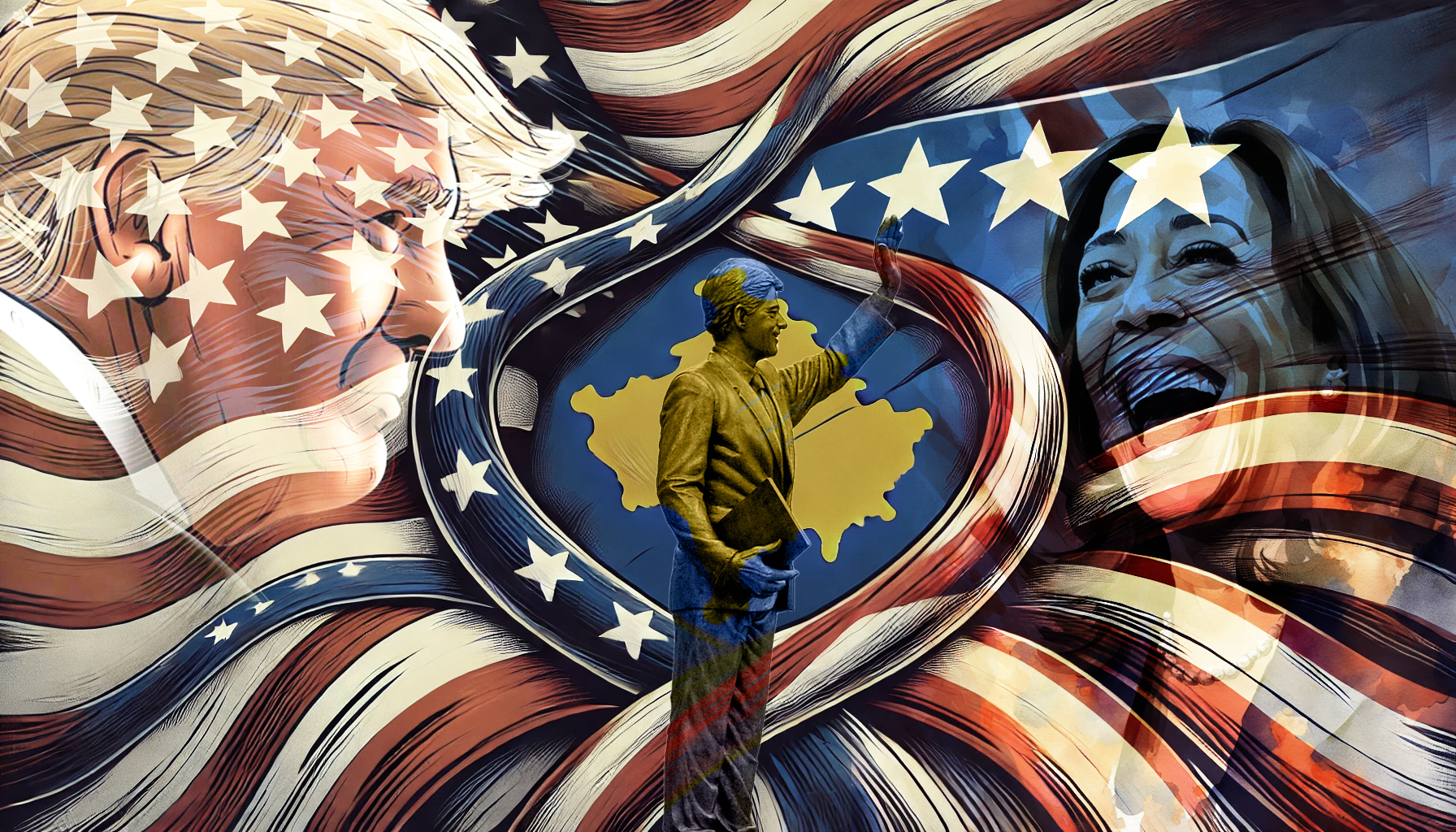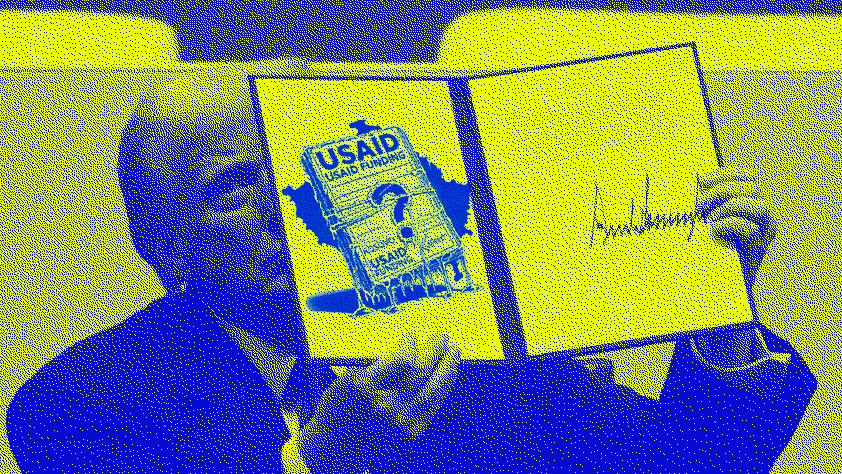
What does the US election mean for Kosovo?
A view of Harris and Trump from Prishtina.
Yet despite the rhetorical change from the White House, many fundamentals in the U.S.-Kosovo relationship did not change.
The differences in Trump’s and Harris’ foreign policy visions have led some to argue that not since 1952 has the U.S. seen a presidential election in which the two candidates and their parties have offered such starkly different worldviews.
Harris’ views on the Balkans are “anyone’s guess,” as one commenter from the U.S. has put it.
Washington Agreement
In contrast to the potentially dramatic departure from the status quo that a Trump victory would provide, Harris represents a fairly predictable alternative and continuation of U.S. support for the EU-mediated dialogue.
Moreover, the Trump White House reportedly sought to shift foreign aid provision from countries most in need to countries deemed to be the U.S.’ “friends.”
As a share of overall GDP, U.S. foreign aid reached its highest level in roughly 40 years under Biden, though it is still lower than that of most EU countries.

Nicholas Kulawiak
Nicholas Kulawiak is English language editor at K2.0. He holds a master’s degree in Eurasian, Russian and East European Studies from Georgetown University and bachelor’s degrees in History and Politics from University of Puget Sound.
Explore more







